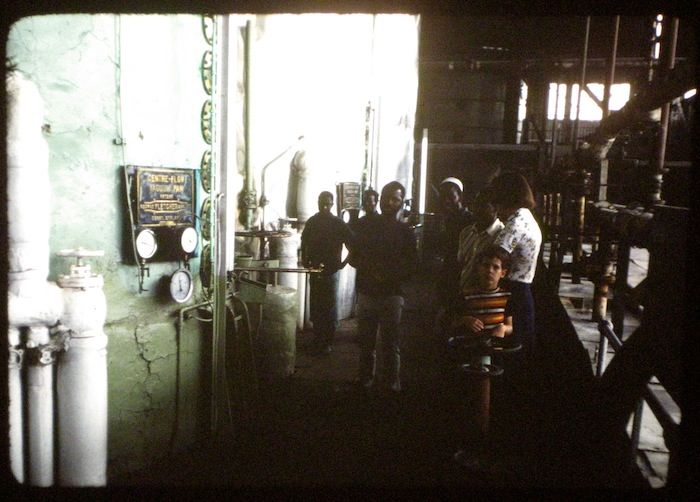I have been a big fan of Kiva for quite some time, and have written about it previously: Kiva – Giving Entrepreneurs an Opportunity to Succeed, Thanksgiving: Micro-financing Entrepreneurs. I made 6 new loans today to manufacturing entrepreneurs in the USA (and Mexico); Tajikistan; Nicaragua; Armenia; and 2 in El Salvador. The webcast above shows Armen Tsaghikyan in Armenia. It does seem like his process maybe could use a benefit from a bit of application of lean manufacturing ideas.
It is great to be able to help out people whether it is providing useful information (like I hope my web site and blog do) or a small loan of capital that allows some capital improvements. Many of the loans through Kiva amount to providing a loan to get additional supplies (often they have very limited capital). But my favorite loans are those that allow for purchases of new equipment that will make them more efficient.
It is easy to help out yourself; you can loan as a little as $25. The 10 members of the Curious Cat team have made 292 loans for a total of $12,000. Comment with the link to your Kiva page and I will add a link on Curious Cat Kivans.
Related: Kiva Fellows Blog: Nepalese Entrepreneur Success – More Kiva Entrepreneur Loans: Kenya, Honduras, Armenia… – 100th Entrepreneur Loan





 The
The 